With over 10 Years of Experience under our belt, let us be your trusted XR consultants, so you can focus on pushing the boundaries of what's possible in the exciting world of Extended Reality (XR).
Virtual Reality
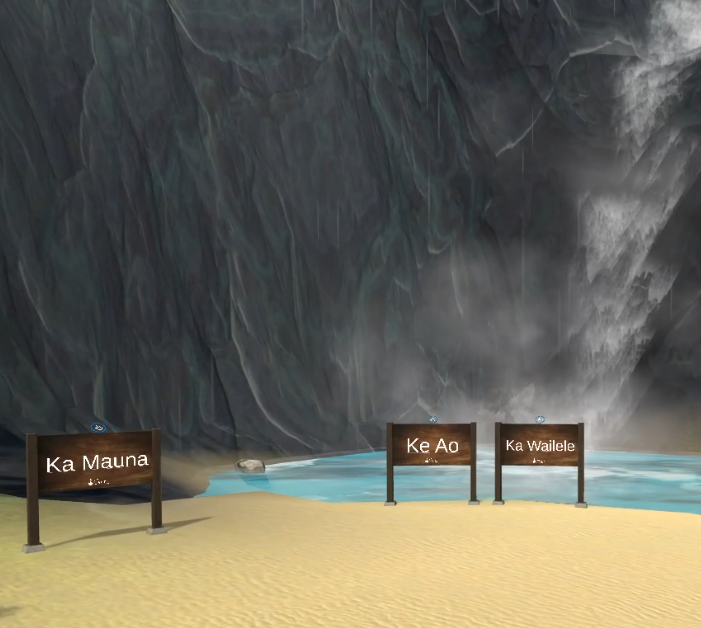
CULTURE
View More
Virtual Reality (VR) enhances cultural experiences and preserves heritage by immersing users in historical sites and significant cultural moments. It allows people to explore ancient ruins and interact with lost artifacts, democratizing access to heritage and fostering a deeper appreciation for diverse cultures. This innovative technology encourages preservation efforts for future generations.
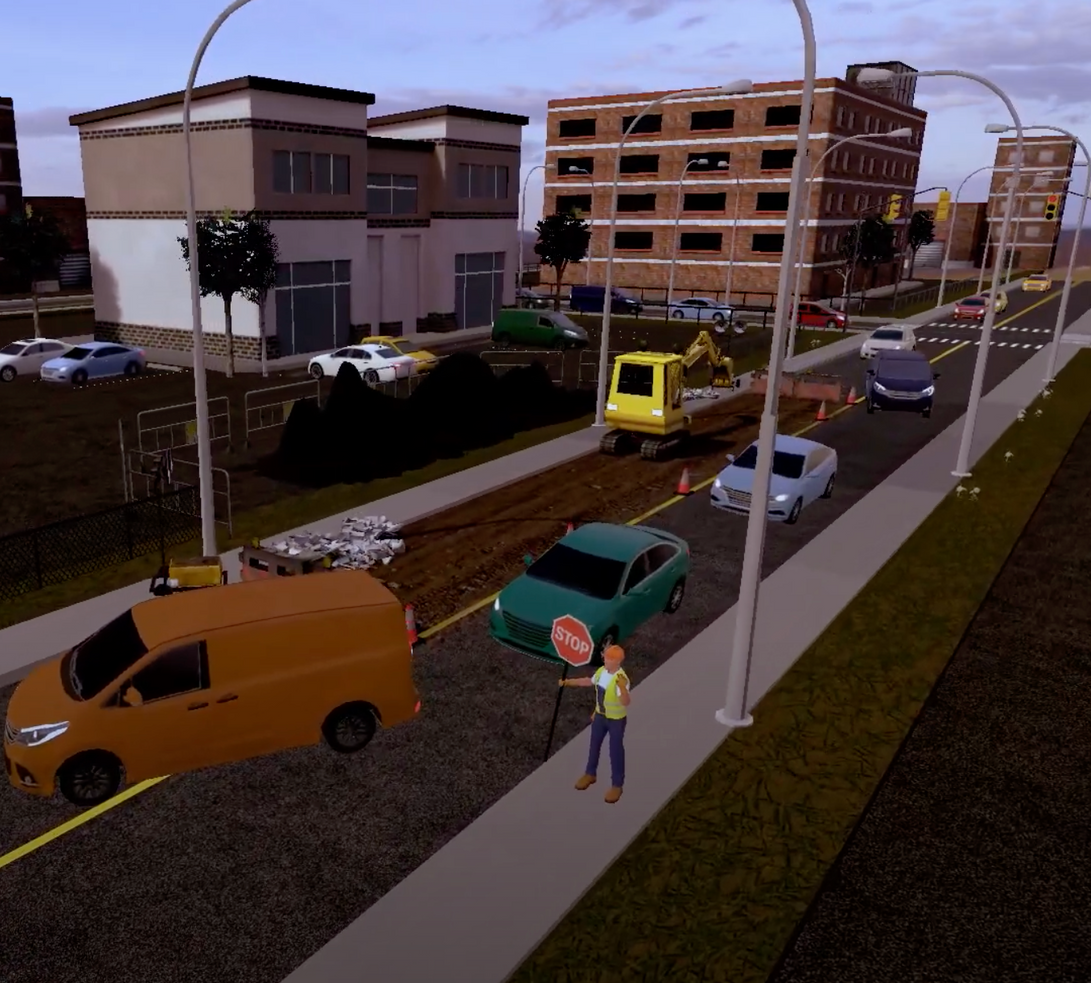
EDUCATION
View More
Virtual reality (VR) enhances education by offering immersive learning experiences that engage students in unique ways. It enables exploration of complex concepts, virtual field trips, and interactive simulations, making learning more dynamic and accessible. This approach fosters deeper understanding and retention, catering to various learning styles and sparking curiosity across subjects.
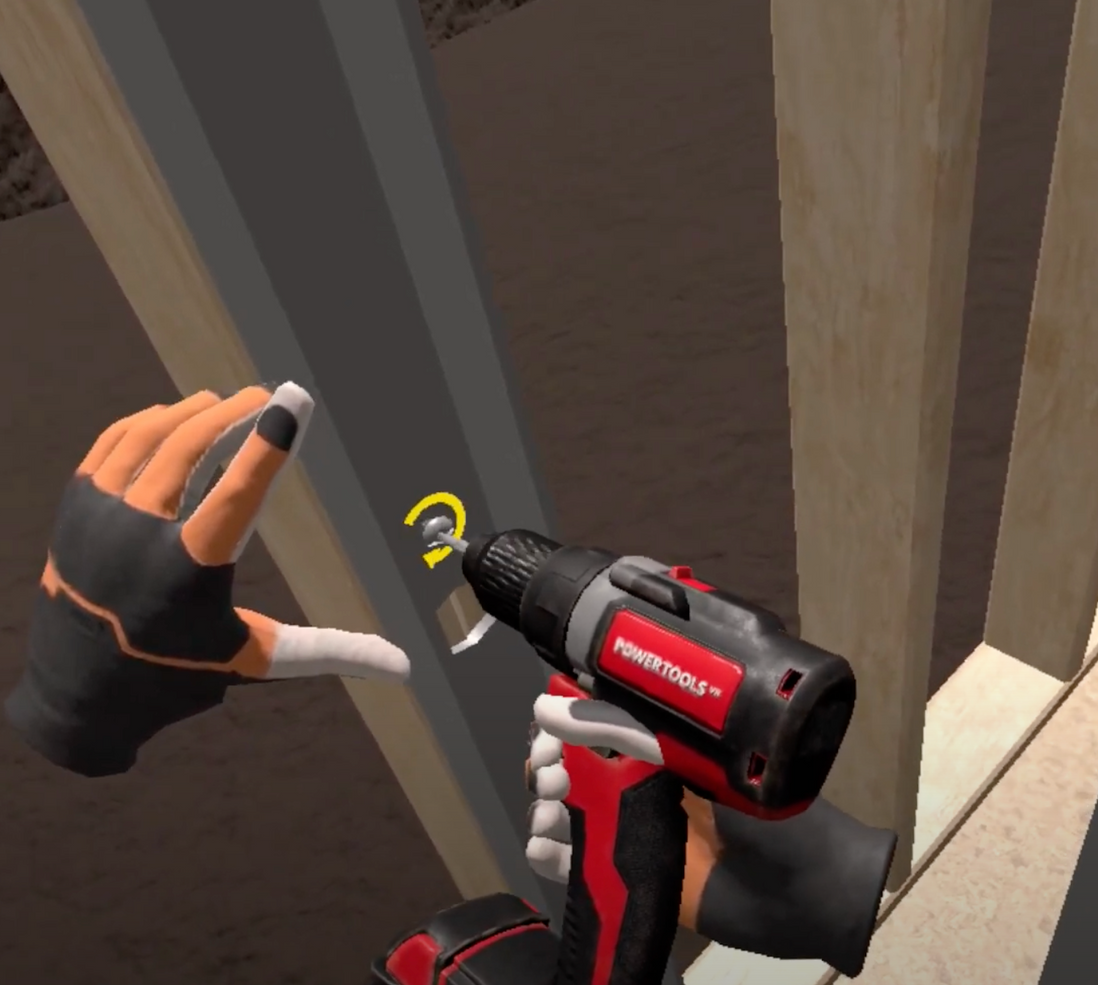
BUSINESS
View More
Virtual reality (VR) enhances business by creating immersive training environments and improving collaboration among teams. It allows employees to practice skills in realistic scenarios, reducing training costs and time. Additionally, VR can be used for product demonstrations and virtual showrooms.This innovative technology fosters creativity, boosts productivity, and helps businesses stay competitive in a rapidly evolving market.
Augmented Reality
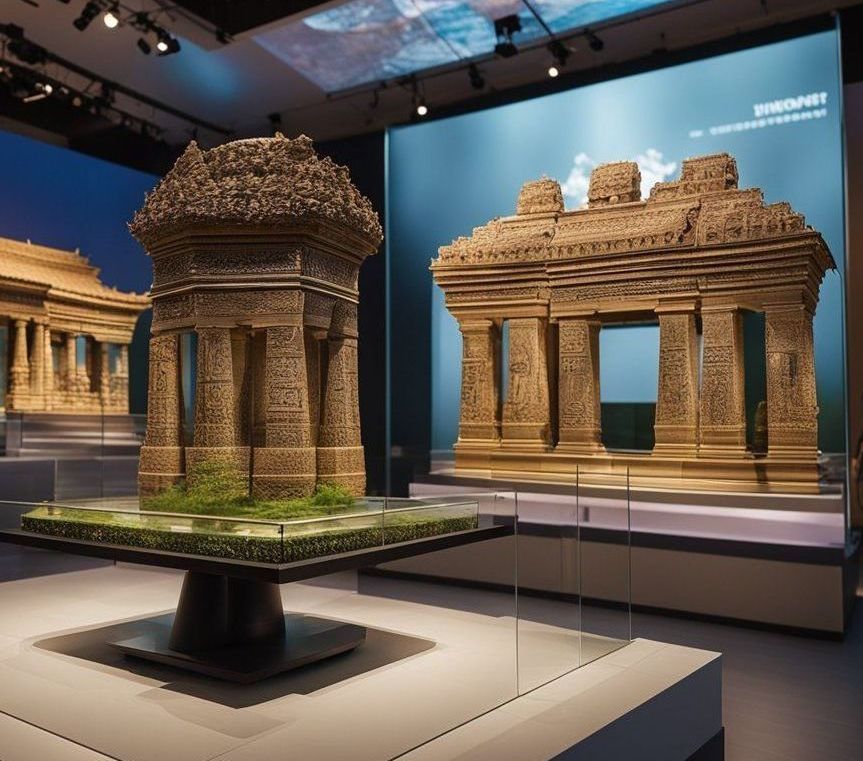
CULTURE
View More
Augmented reality (AR) enriches cultural experiences by overlaying digital information on real-world environments, enabling users to interact with historical sites and artifacts. Visitors can explore reconstructions of ancient structures or access stories about cultural practices, deepening their engagement. This technology makes cultural heritage more accessible and encourages appreciation for diverse traditions.
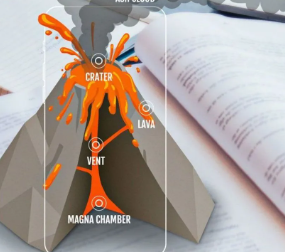
EDUCATION
View More
Augmented reality (AR) allows students to visualize complex concepts, such as anatomy or historical events, by overlaying digital content onto their physical environment. This hands-on approach engages learners and caters to various learning styles, making education more dynamic and memorable. By making abstract ideas tangible, AR fosters deeper understanding and curiosity in a range of subjects.
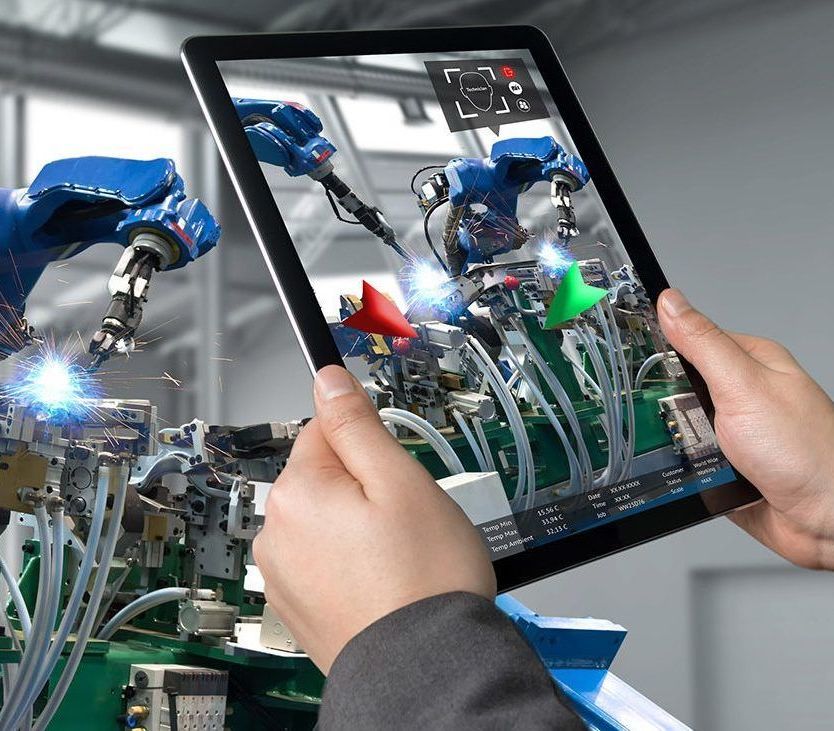
BUSINESS
View More
Augmented reality (AR) enhances business by providing immersive experiences that improve customer engagement and streamline operations. AR can facilitate real-time guidance and interactive simulations, making onboarding more effective. By integrating AR into their strategies, businesses can elevate brand experiences and drive sales while boosting productivity.
Spatial Web
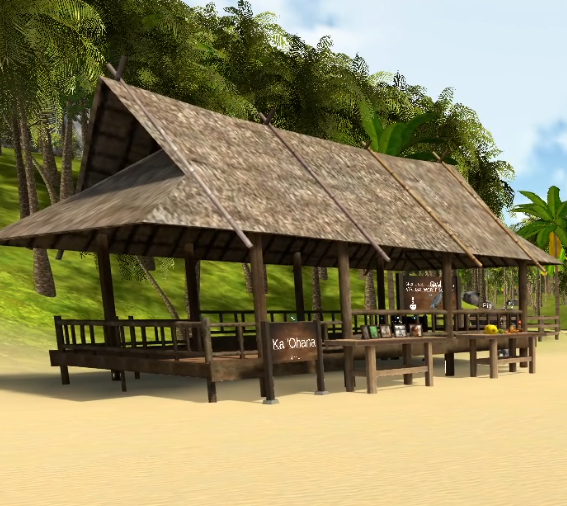
CULTURE
View More
The Spatial Web enhances heritage and culture by creating immersive environments where users can explore historical sites and interact with cultural artifacts. This digital space offers virtual museum tours and reenactments of significant events, connecting diverse communities. By fostering storytelling and education, the metaverse makes cultural heritage accessible to a global audience while encouraging preservation and dialogue among generations.
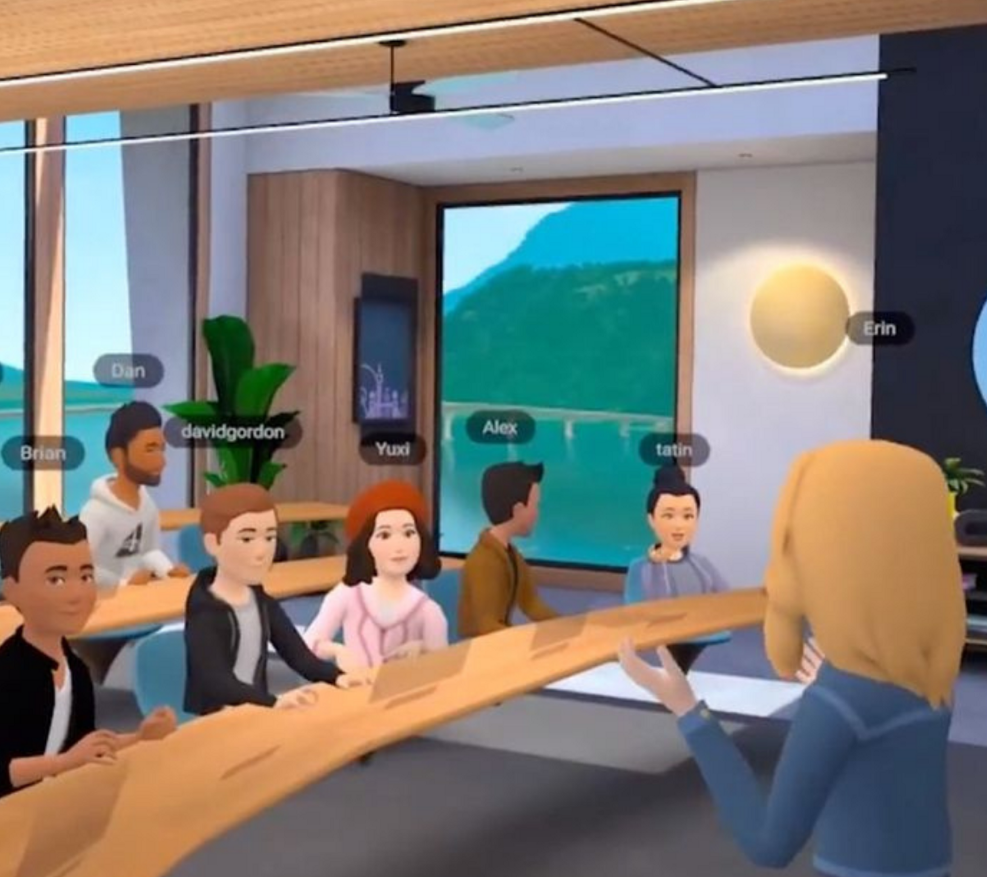
EDUCATION
View More
The Spatial Web enhances education by creating immersive learning environments that engage students through interactive experiences. Learners can explore complex subjects, participate in virtual simulations, and collaborate globally, fostering deeper understanding and retention. This innovative approach makes education more accessible and transforms traditional classrooms into dynamic, experiential learning hubs.
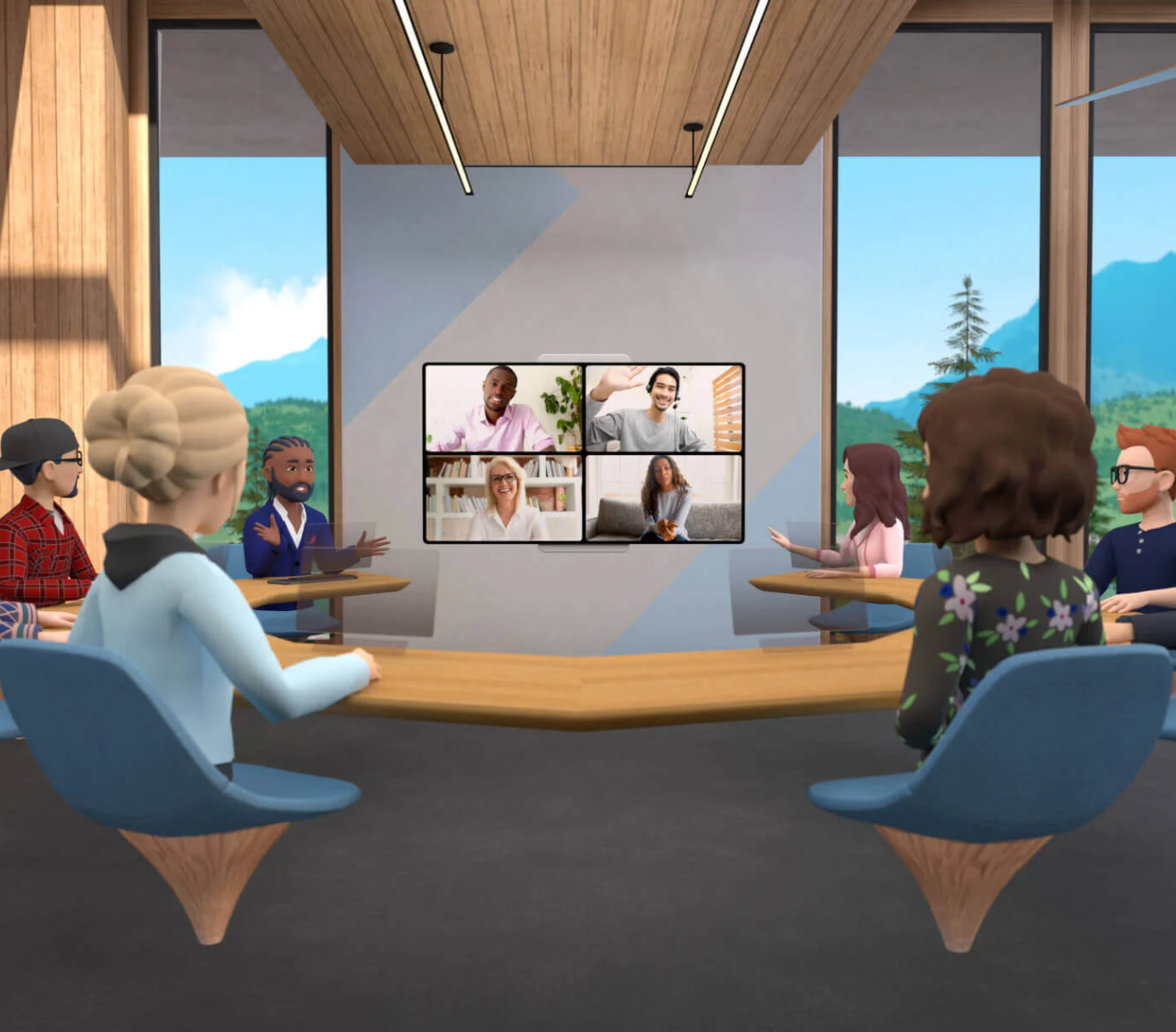
BUSINESS
View More
The Spatial Web enhances business and collaboration by offering immersive environments where teams can interact and innovate together, regardless of location. Businesses can hold virtual meetings, conduct training, and brainstorm in engaging settings, fostering creativity and real-time problem-solving. Leveraging the metaverse streamlines operations and creates more connected, effective workplaces.
JOIN OUR NEWSLETTER
We will get back to you as soon as possible
Please try again later

